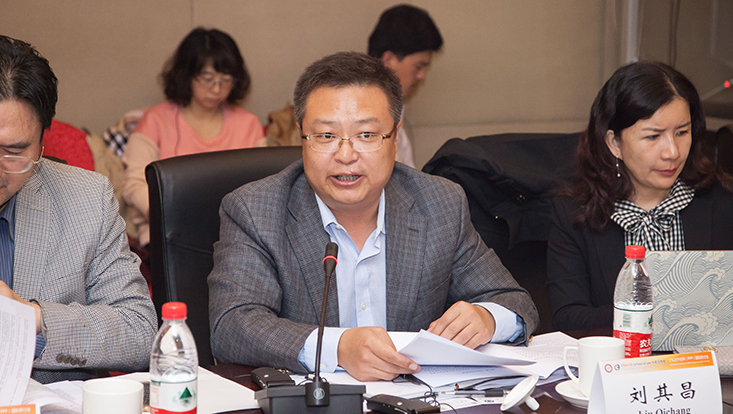Ideas for the future of public-private partnerships in China
12 October 2017, by Internetredaktion

Photo: CESL
More regulation and more learning from foreign experience – these are two of the recommendations legal experts from Europe and China gave at the “Public-Private Partnerships Contracts” conference in Beijing on 11 October 2017. Over 70 professors, judges, lawyers and government officials gathered at the China University of Political Science and Law to analyse the latest legal developments of public-private partnerships in China. The conference was organised by the China-EU School of Law and the School of Rule of Law and Government.
The main Chinese speakers Liang Fengyun, Presiding Judge in the Chinese Supreme People’s Court’s Department for Administrative Law, and Zhang Xiaoying, Deputy Director in the Administrative Law Department of the Legal Council of the Standing Committee of the National People’s Congress, stressed the importance of public-private partnerships for China. “China should incorporate more concrete measures into PPP regulations,” said Liu Qichang, the Department of General Affairs’ Director in the Legislative Affairs Office of the State Council, who emphasised that foreign experience should play a major role in this process.
Bertrand du Marais, Councillor of State at the French Council of State, the French Supreme Court, explained that following a reform of French contract law in 2015 and 2016, when France adopted a new EU directive, France also simplified its public-private partnerships contracts and this way greatly reduced costs . Du Marais was one of eight legal scholars from Europe at the conference.
Public-private partnerships involve private enterprises and the public sector who jointly plan, finance and operate infrastructure projects such as housing, road networks and railway lines. Proponents see this as a way to reduce government debt and foster innovative growth. Public-private partnerships are currently booming in China. According to research by the Bank of America Merrill Lynch, at the end of 2016, China had planned public-private infrastructure projects worth 19.5 billion yuan, approximately 2.5 billion euro, which equals an up of 62.5 percent compared with July 2016.
by Chen Ge
